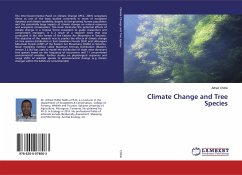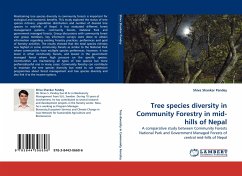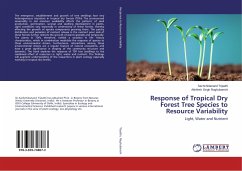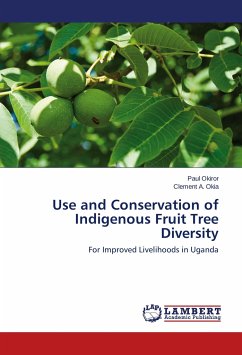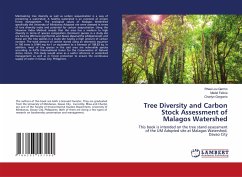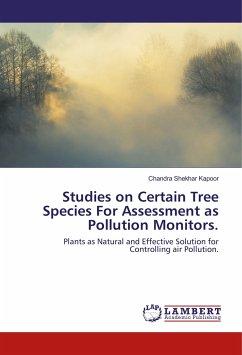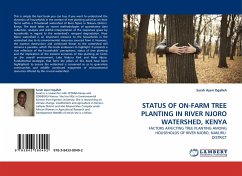The Inter-Governmental Panel on Climate Change (IPCC, 2001) recognizes Africa as one of the least studied continents in terms of ecosystem dynamics and climate variability, despite its fast-growing human population and the potentially large impacts of climate change on natural resources and ecosystem conservation. This book illustrates the potential effects of climate change in a tropical forest ecosystem to guide researchers and conservation managers. It is a result of a research work that was conducted in the two forests of the Eastern Arc Mountains in Tanzania. The objective of the research was to predict the effects of climate change on tree species distribution in East Usambara Forests (EUF) and Udzungwa Mountain Forests (UMF) of the Eastern Arc Mountains (EAMs) in Tanzania. Novel modeling method called Maximum Entropy Distribution (Maxent, version 3.3.3k) was used to model the distribution of eight most dominant tree species based on the frequency of occurrence and 11 uncorrelated environmental variables. Further studies on physiological responses and range shifts of selected species to environmental change (e.g climate change) within the EAMs are recommended.
Bitte wählen Sie Ihr Anliegen aus.
Rechnungen
Retourenschein anfordern
Bestellstatus
Storno

